Accounts Paid, Forward
Spratlen Legacy Award-winner Clyde Walker exemplifies the power of opportunity, of responsibility, of community
Clyde D. Walker’s (BA 1977) remarkable career has reached for the stars, though his biggest impact has been felt here on Earth—and much of it at the University of Washington.
He turned a three-year college internship at the NASA Jet Propulsion Laboratory into a contrail-blazing tenure in the aerospace industry that stretched from the mid-1970s to the turn of the century. After earning his BA at the UW Foster School of Business in 1977, Walker ascended from director of business administration to vice-president of human resources at the Rocket Research Company, an early developer of rockets and thrusters for space exploration, then Primex Aerospace, manufacturer of liquid and electric propulsion units for satellite and spacecraft.
After capping his career leading HR at Continental Mills (now the Krusteaz Company), he now chairs the board of directors of First Choice Health, an organization he has served for nearly three decades.
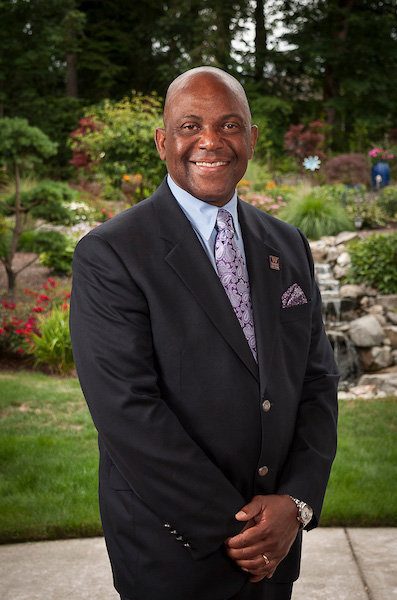
Walker also maintains a long and abiding commitment to the University of Washington and the Foster School. His 11 years on the UW Alumni Association Board of Trustees culminated in his 2016-2017 presidency. And he currently chairs the Diversity, Equity and Inclusion (DEI) committee of the UW Foundation Board and serves on the Chancellor’s Advisory Board at UW Bothell.
At Foster, Walker recently joined the dean’s advisory board and also advises the Center for Leadership and Strategic Thinking. His own strategic leadership has shaped a school-wide initiative to create a more diverse, equitable and inclusive learning community. For his consistent and unwavering support of DEI at Foster—and especially the resilience and growth of its Black student and alumni communities—Walker will receive the 2023 Spratlen Legacy Award at this year’s Celebration of African American Alumni Achievement.
Strong foundation
Walker’s story begins in south central Los Angeles. He was fortunate to grow up in a household with two parents and five siblings. More importantly, he came from “a family of accountability,” he says, “a family that valued and prioritized education.”
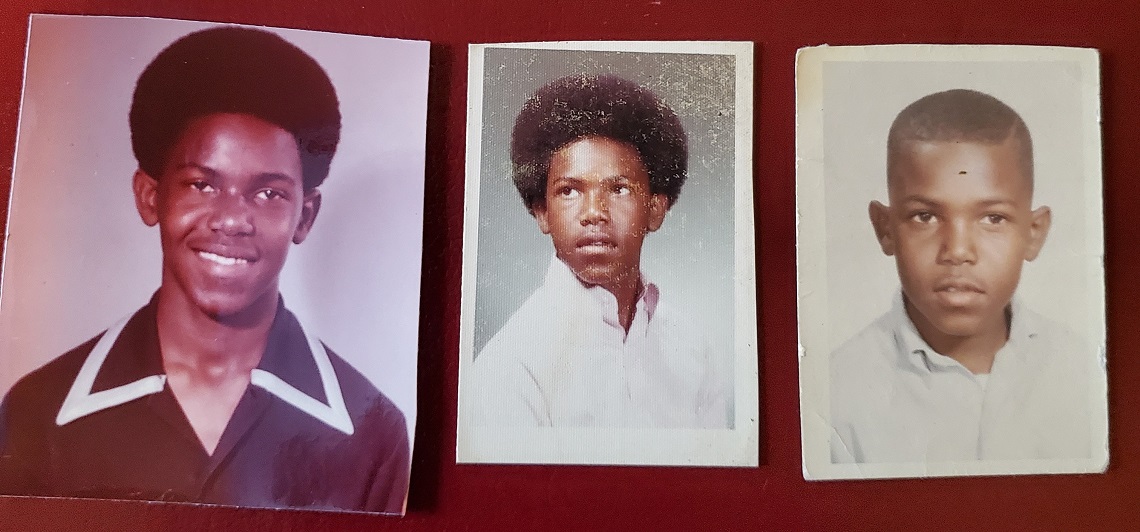
The reason? Both parents had come of age in rural Alabama in the 1920s and ’30s, when little priority was made for educating Black children.
While raising the first four of Walker’s siblings, they made the bold decision to join the mass migration from the South to the West. In 1954, they moved from Alabama to Los Angeles in search of a better life for their family. Clyde Walker was born after they arrived.
His parents’ sacrifice “allowed me to take advantage of opportunities that a lot of other folks were not able to,” he says. “But it was really built on a strong work ethic, and it was built on doing what you said you were going to do, being reliable, and being dependable, and taking advantage of opportunities that were presented.”
Proof of concept
Perhaps the greatest opportunity of his life presented itself while Walker was just starting college at the UW. Or rather, a family friend named Marshall Porter presented it: an internship at the famed Jet Propulsion Laboratory that began the summer after his freshman year.
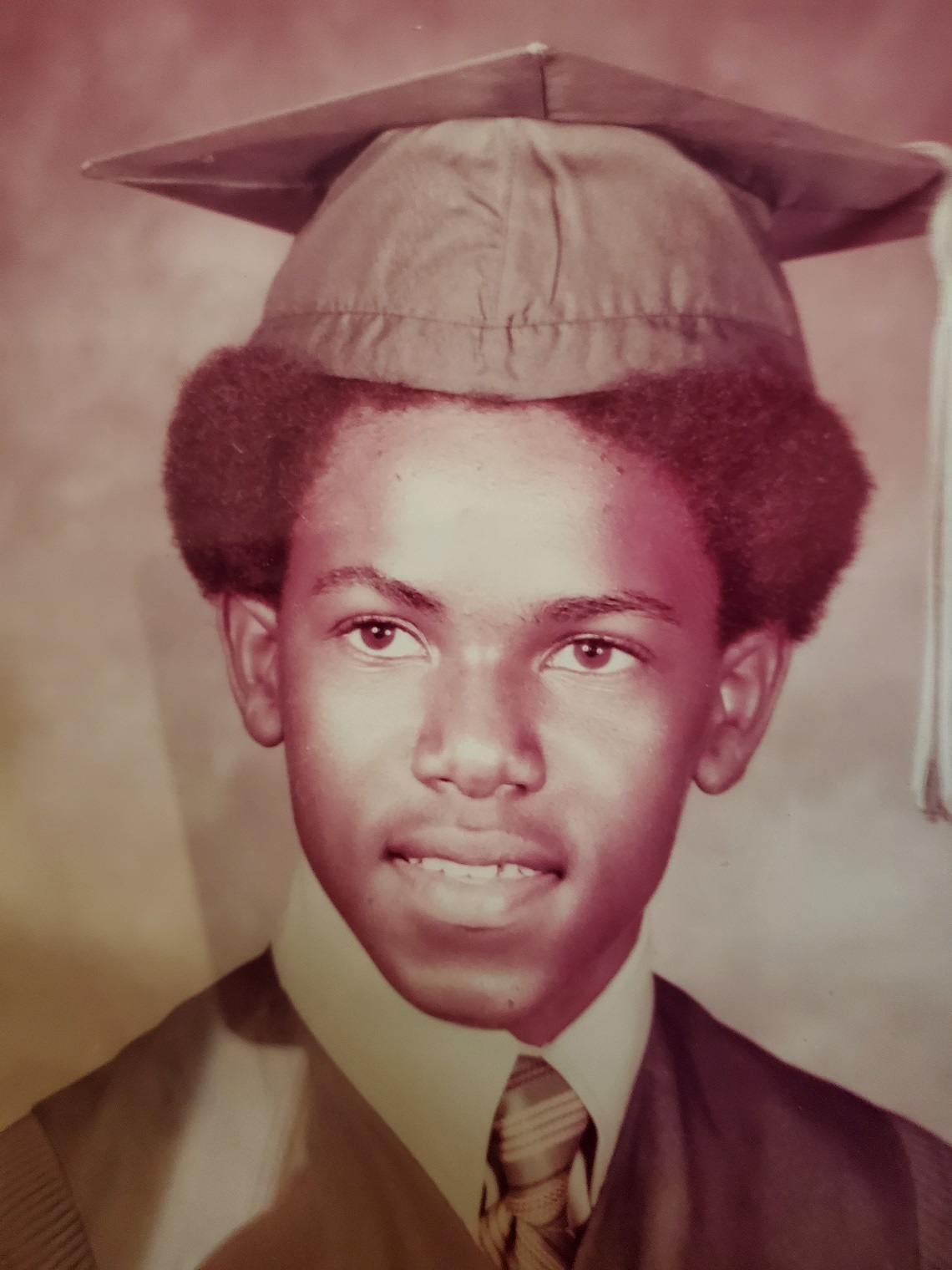
“JPL was really pushing diversity ahead of its time,” Walker says. “And so, they allowed an inner-city kid to come to the lab, to be surrounded by some of the world’s smartest people. But they made it safe, and they made it comfortable to be curious and to explore. And so, my career really started on the premise of curiosity. I was a curious child anyway, but the lab allowed me to pursue my curiosity.”
After three years in this high-powered environment, Walker was never again intimidated by brilliance. And the experience helped him develop a sense that he could belong anywhere. “Having a foundation of belonging has also been very instrumental in where I am today and the success I’ve had in my career,” he adds.
It also proved the validity and solidity of the foundation his family had set for him. “I was able to take advantage of opportunities in real time,” he says. “I had a reputation for being reliable, dependable. I was going to show up. I was going to work hard. I was going to do the right thing.”
But he learned one more lesson, too: always add value. “You have to put your individual ego aside and do what’s best for the team or project or program you’re working on.”
Non-linear trajectory
Walker says it has not always been easy, as a Black person, to navigate the business and academic environments he has encountered.
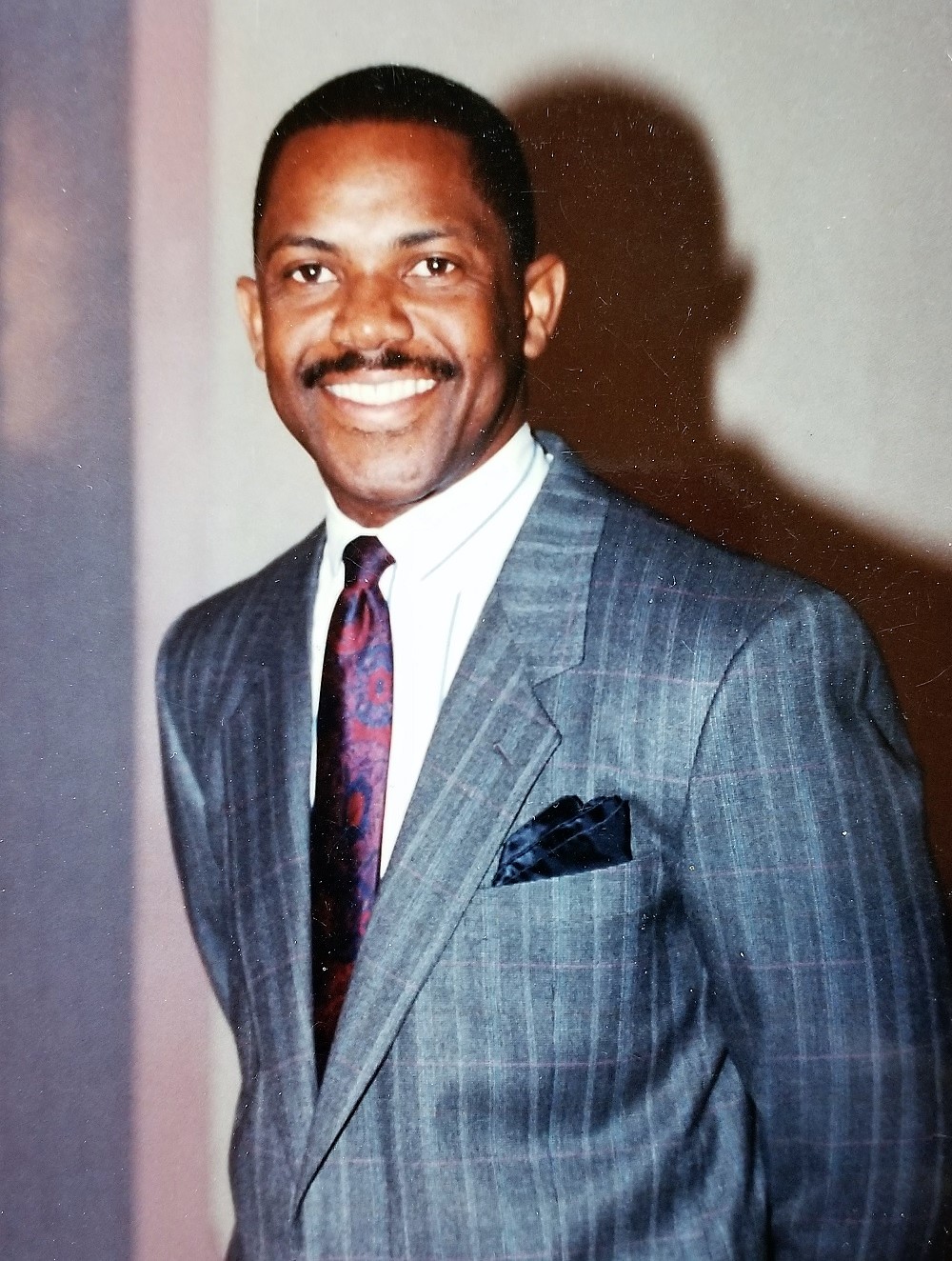
“It’s not always a meritocracy, regardless of what people say. There’s a premise that people of color have to work twice as hard to get half as far. And, at some level, that is absolutely true,” he says. “But my parents were clear with us: that’s not an excuse and that’s not a reason not to excel or not to try or not to do your absolute best.”
Again and again, he’s leaned on those foundational lessons: be present, be dependable, be reliable, seize opportunity, add value. And do so confidently and based on your values and principles.
But also, be honest about your situation.
I don't believe in giving back; I believe in paying forward. Because it's not giving if people are willing to work for and earn what they get. Someone helped you get to where you are, so make sure you help the next person get to where they can realize their full potential.
“And this is where community comes in,” he says. “(It’s important to have) a community that reinforces you—keeps you honest, keeps you humble, but also is there for you when you have to make those tough decisions.”
That, he says, includes determining when a situation is not healthy or aligned with your values, and “knowing when it’s time to take your talent elsewhere.”
It takes a community
Clyde and Sherrelle Walker, his wife of 42 years, were raised with a shared philosophy of life. And they passed down their families’ foundational values to their own three grown daughters: Tiffani, a licensed attorney; Allison, a licensed architect; and Adrienne, a program manager (a proud father reports).
Family is the atomic core of community for the Walkers. And community is the key to a satisfying and impactful life and career.
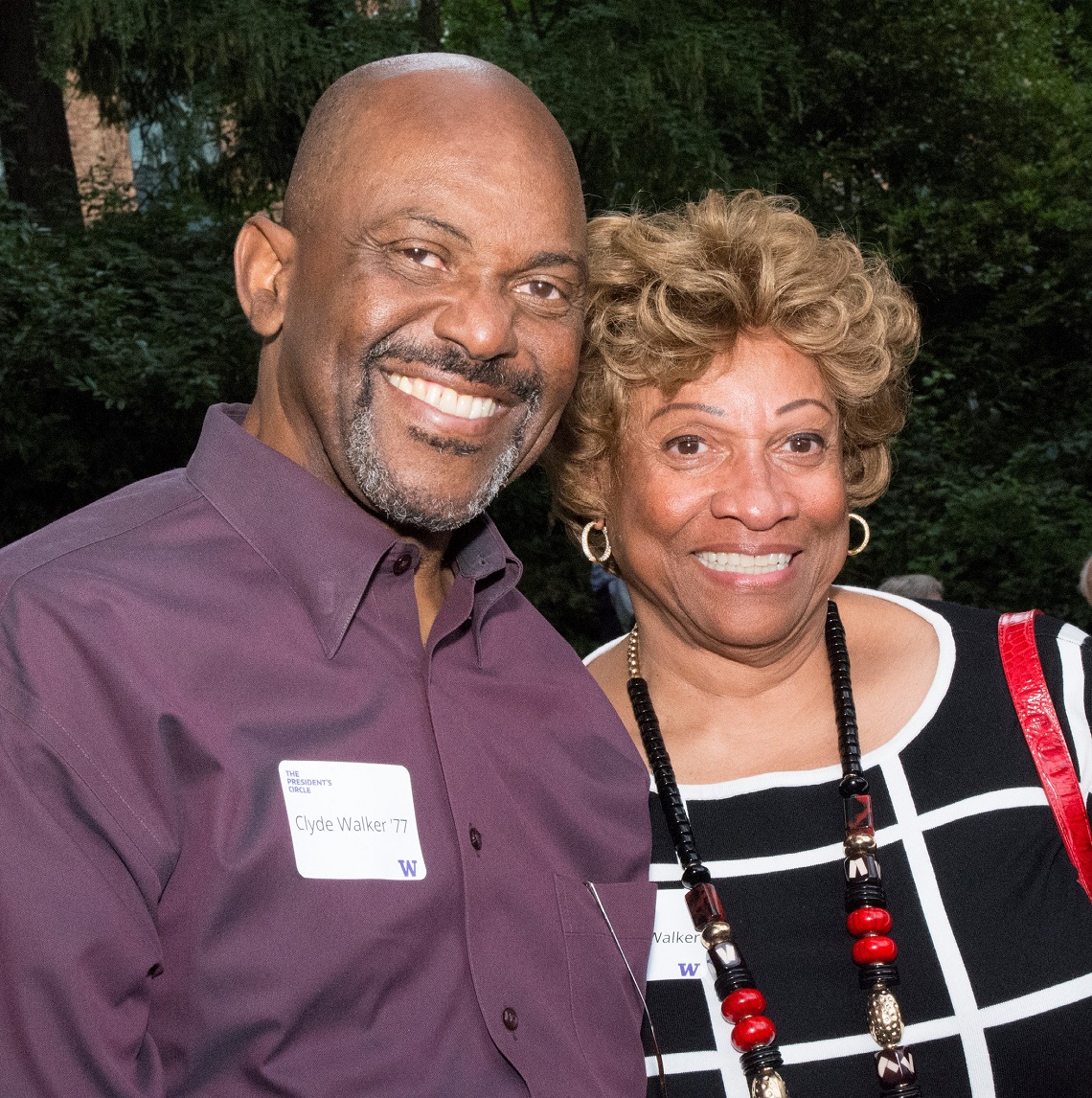
Clyde Walker’s number one piece of advice to young people—and especially to young Black people—is to fully understand and harness the value of community.
“Understand the importance of having a group of folks around you that are uplifting, supportive and reinforcing of the positives,” he says. “And know—not think, not believe—know that you belong. Know that you have a particular unique talent that is important or valuable. And then figure out how to apply that special power, that super power, in service to something bigger than yourself.”
He emphasizes that community goes both ways. It’s something to rely on and be reliable to. And it’s active, not passive. You must be open to receiving and giving feedback, advice, counsel. And take advantage of every opportunity to engage.
“My dad told me, when I was very young, if you want to be good at something, pay close attention to people who already are,” Walker says. “I’ve always followed that advice in terms of leaning on people’s expertise and knowledge to help me navigate and make decisions. Build a community. Rely on each other. Uplift each other. Support each other. But do it in a very honest, authentic way.”
